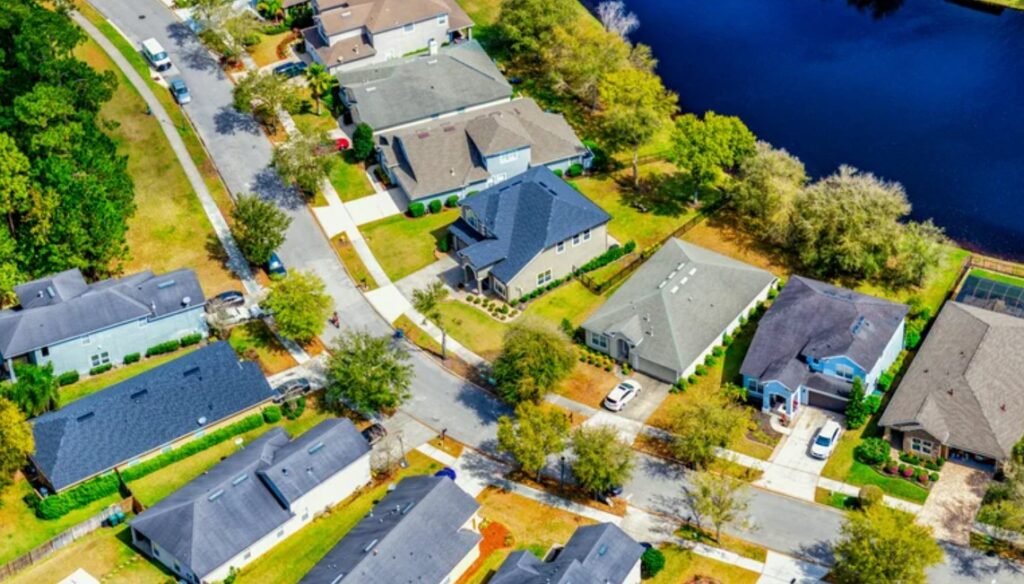Florida homeowners have been struggling with high insurance costs for years, and many hoped that the legal reforms enacted by the state Legislature in 2022 would bring some relief. However, a new report by a national insurance analyst suggests that the reforms will have little impact on the premiums, as other factors such as inflation, reinsurance, and climate change will continue to drive up the losses and rates.
Legal Reforms Aimed to Reduce Litigation
One of the main reasons for the high insurance costs in Florida is the excessive litigation that inflates the claims and erodes the profitability of the insurers. According to the report by Karen Clark & Company, a catastrophe risk assessment firm, the percentage of litigated claims from Hurricanes Irma and Michael in Florida was 10 times higher than those from storms that did not hit Florida, such as Laura and Ida. This resulted in claims from Irma and Michael being 30% to 50% higher than they would have been without the excess litigation.
To address this issue, the Florida Legislature passed a series of reforms in 2022 that aimed to discourage lawsuits and protect the private insurance market. Some of the key measures included:
- Eliminating the ability to assign insurance benefits to third parties, such as contractors, who often file lawsuits on behalf of policyholders without their consent or knowledge.
- Eliminating the one-way attorney fee rule that allowed plaintiffs’ lawyers to collect legal fees from insurers even when settling claims for as little as $1 over insurers’ original offers.
- Creating a pre-suit notice requirement that obliges policyholders to notify insurers of their intent to sue and provide them with an opportunity to resolve the dispute before filing a lawsuit.
- Establishing a fee schedule for attorneys’ fees based on the difference between the final judgment or settlement amount and the insurer’s pre-suit offer.
The report by Karen Clark & Company acknowledges that these reforms are likely to reduce the litigation rates and costs in Florida over time, but warns that they will not translate into lower premiums for homeowners.

Other Factors Will Keep Insurance Costs High
The report identifies three other factors that will continue to influence the future homeowners insurance premiums in Florida, and argues that they are unlikely to go down:
- Hurricanes: Florida has experienced four hurricanes with maximum wind speeds of 150 mph or greater in the past five years, including two in 2023 (Michael and Ian). This is unprecedented in the historical record, and indicates an increase in the frequency and intensity of hurricanes hitting the state. The report estimates that these storms caused over $40 billion in insured losses, which have to be recovered by insurers through higher rates.
- Inflation: The report notes that inflation rates have risen significantly in 2023, reaching 5.4% in September. This affects both the cost of repairing or rebuilding damaged properties and the cost of reinsurance, which is the insurance that insurers buy to protect themselves from large losses. The report expects that inflation will remain high in 2024 and beyond, putting upward pressure on insurance costs.
- Climate change: The report cites scientific evidence that climate change is affecting the weather patterns and increasing the risk of extreme events such as hurricanes, severe convective storms, wildfires, and floods. These events can cause widespread damage and losses that exceed the insurers’ capacity and require government intervention. The report warns that climate change will pose a long-term challenge for the insurance industry and society as a whole.
What Can Homeowners Do?
The report by Karen Clark & Company does not offer much hope for Florida homeowners who are looking for lower insurance costs. However, it does suggest some actions that homeowners can take to mitigate their exposure and protect their assets:
- Shop around: The report advises homeowners to compare different insurance options and providers, and look for discounts or incentives that may be available. It also recommends homeowners to review their policies regularly and make sure they have adequate coverage and deductibles.
- Mitigate risk: The report encourages homeowners to invest in risk mitigation measures such as installing hurricane shutters, reinforcing roofs, elevating properties, or retrofitting older homes. These measures can reduce the damage from storms and lower the premiums or deductibles.
- Support resilience: The report urges homeowners to support initiatives that enhance the resilience of their communities and regions, such as improving infrastructure, enforcing building codes, adopting land use policies, or promoting renewable energy. These initiatives can reduce the vulnerability and exposure of properties and people to natural hazards.
